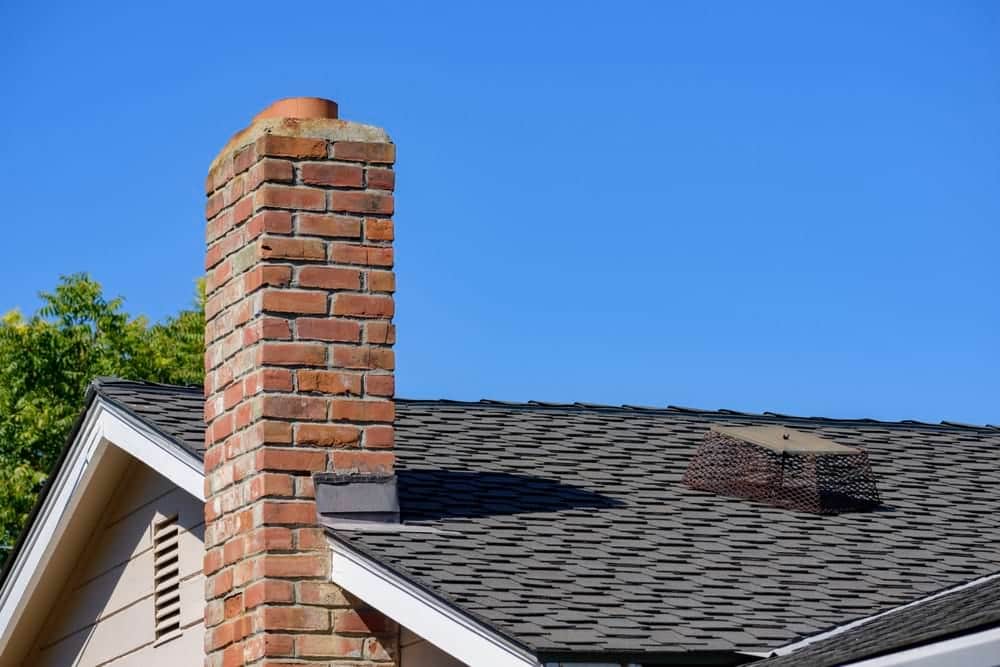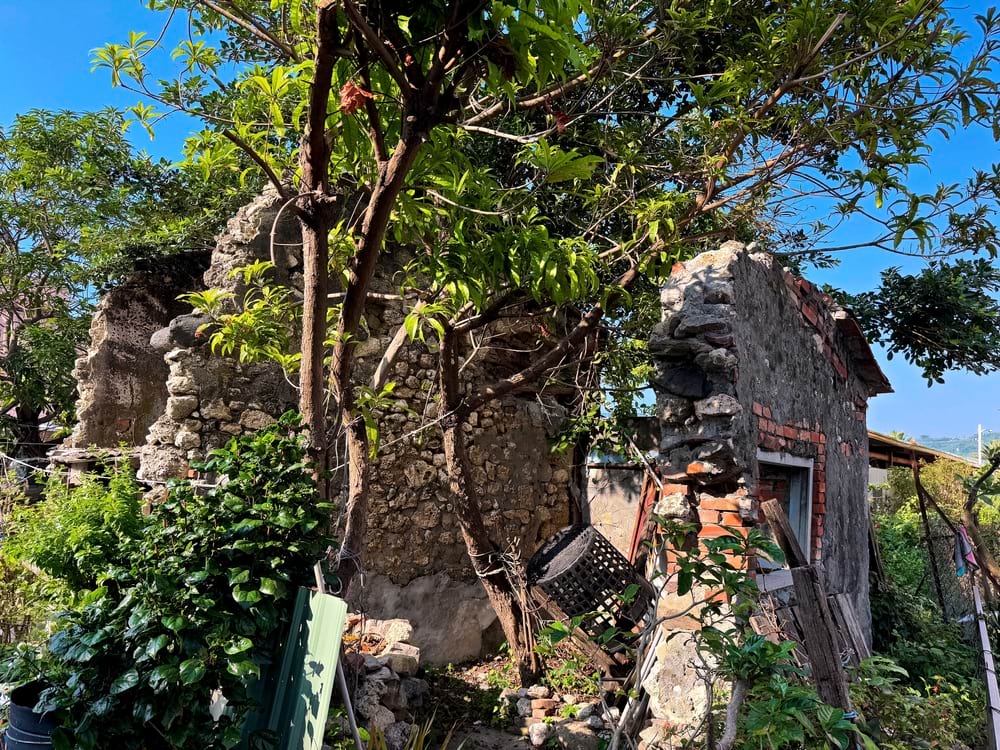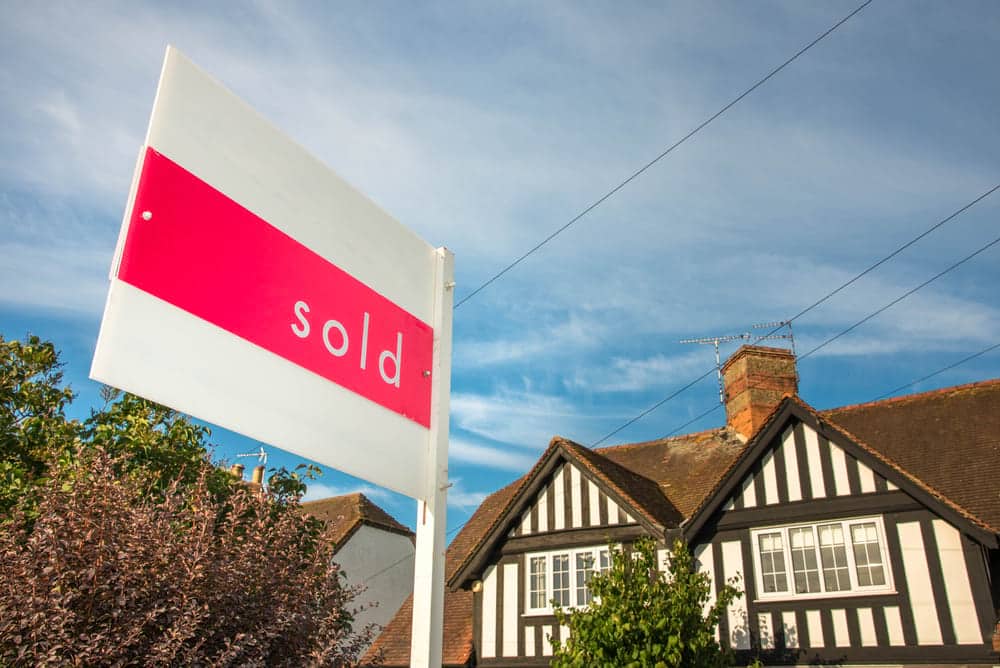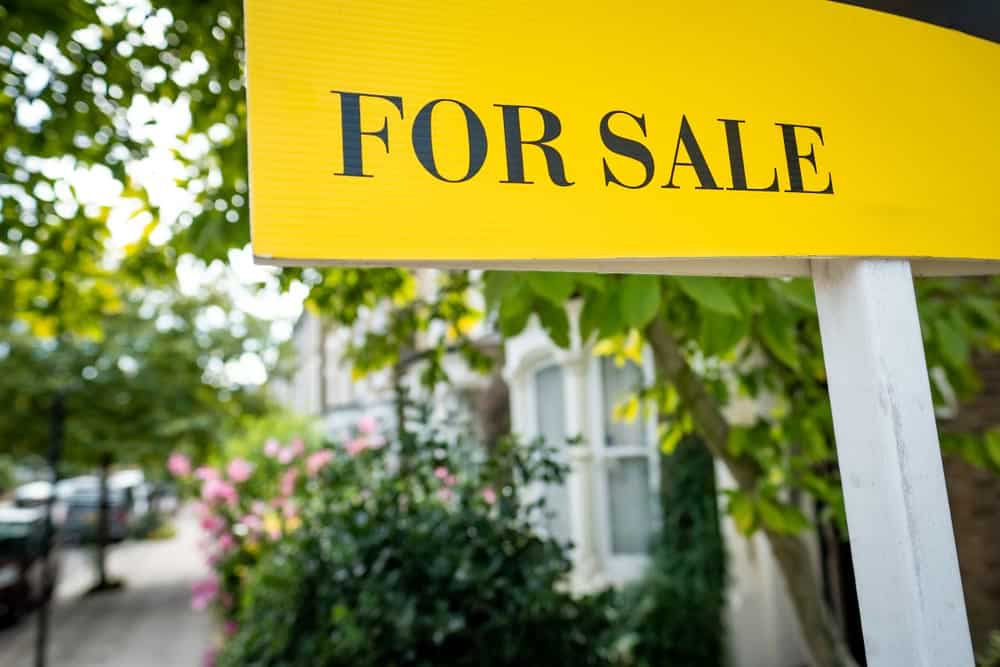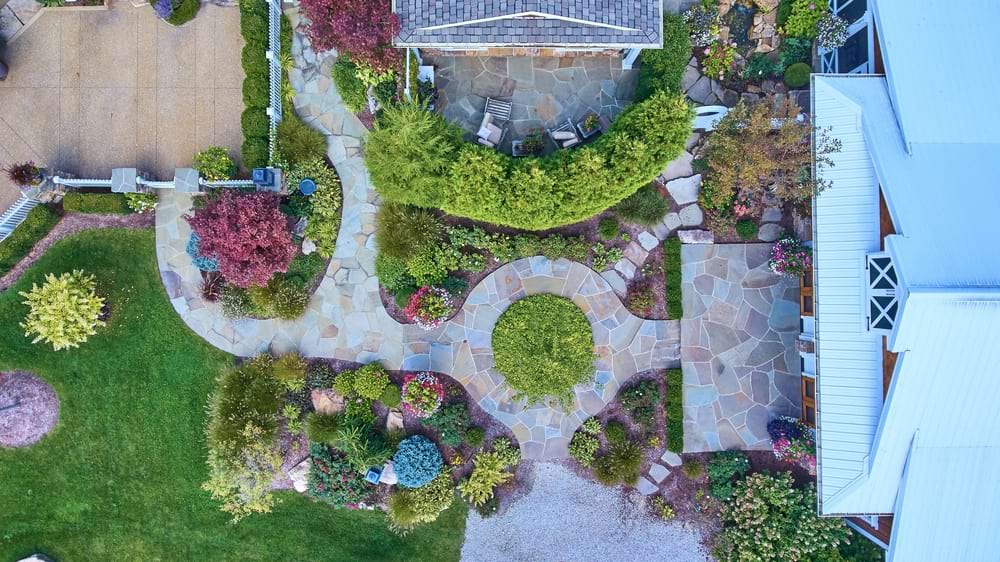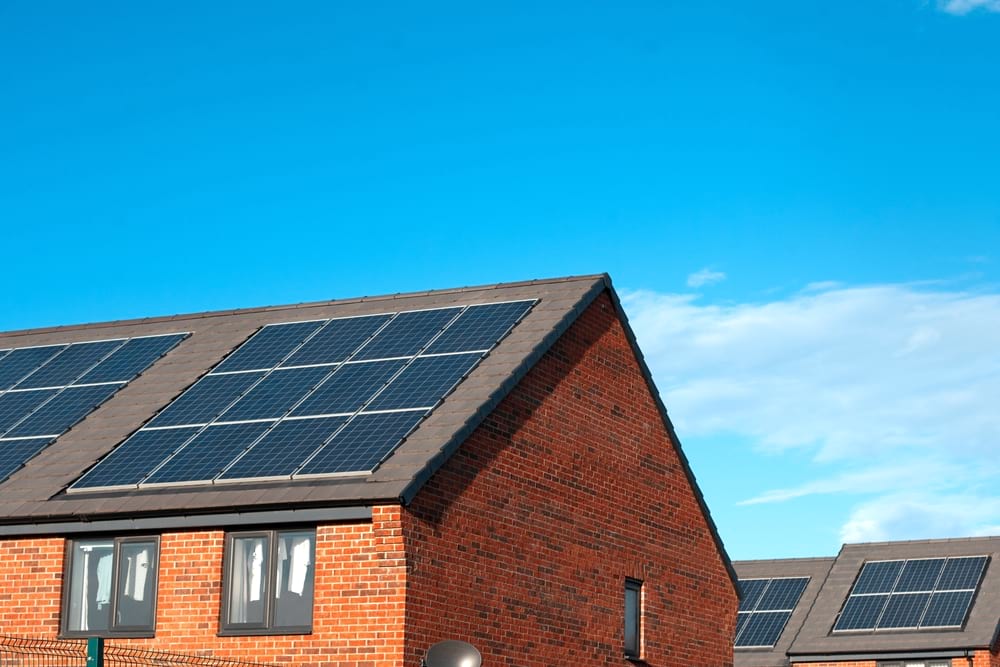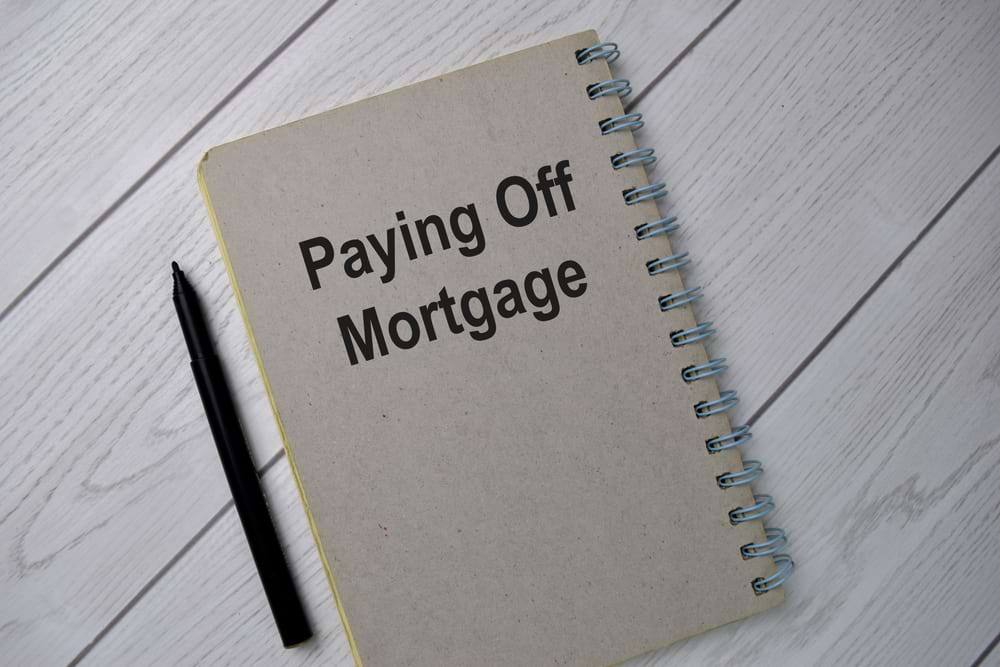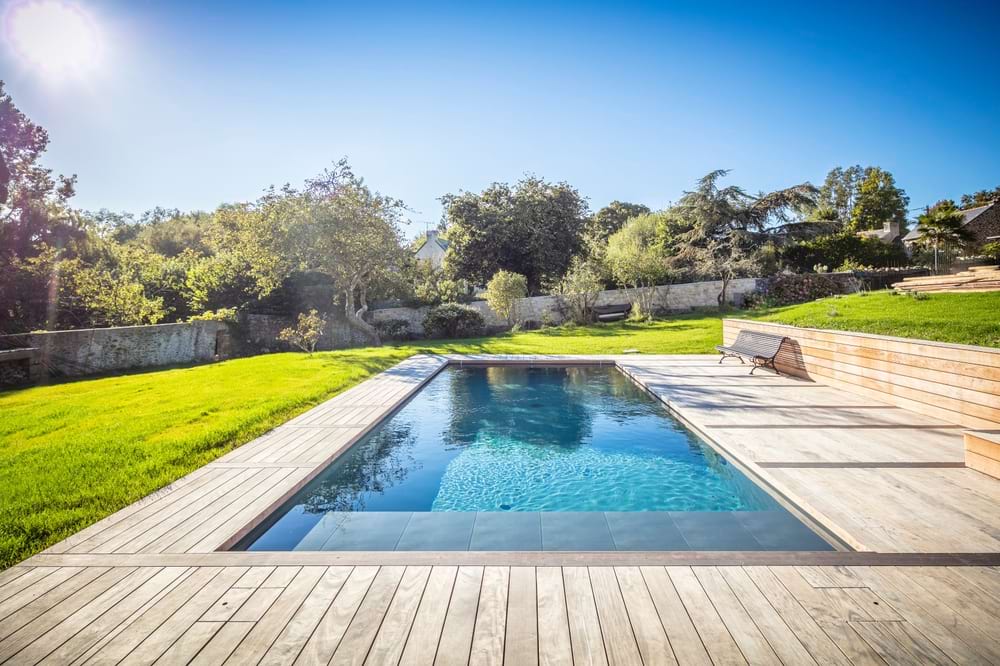Chimneys, or variations of them, have existed for a long time.
Even igloos, which have been built for thousands of years, use ventilation holes.
However, domestic chimneys as we know them today only became common in northern Europe in the 12th century.
(The oldest surviving one in the UK in Coinsbrough Castle, Yorkshire, dates back to 1185 AD.)
But are chimneys needed today? And do they add value to a house?
Read on to find out this and more.
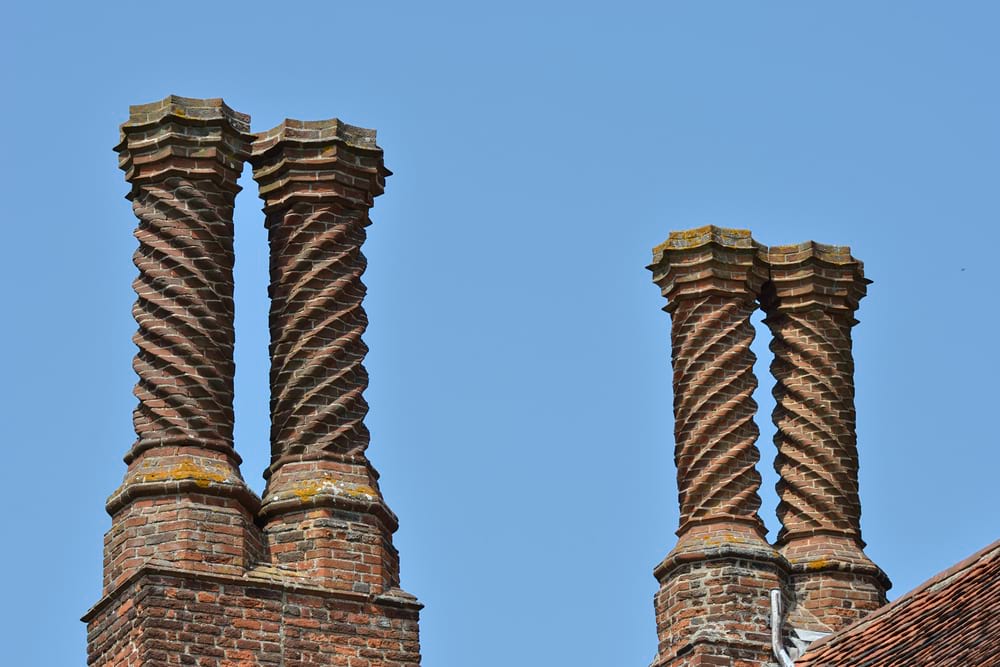
What is a chimney?
A chimney is a ventilation structure that comes out the top of your property.
Its purpose is to carry unwanted gases out of your building. Often, these will be placed directly above a fireplace.
The flue (the passage inside the chimney structure) will thus carry any smoke from the fire out of your home.
You can typically see a chimney from the outside of your house. It sticks out of the roof. And is usually made from brick, metal, or stone.
A chimney is designed to make a draft. This draws the smoke up and out of your house.
This is largely because of the difference in temperature between the hot air inside the chimney and the cooler outdoor air.
The three different types of chimney
1. Brick chimney
This is the most common type of chimney. It’s made from the same material as the main structure and thus sits seamlessly on top.
This is designed to be ultra-durable. You will also come across prefabricated brick chimneys.
2. Metal chimney
Metal chimneys are usually chosen as an add-on for properties that don’t currently have a chimney but the owners want one.
This type of chimney is made from stainless steel. It’s known for its durability and ability to withstand extremely high temperatures.
3. Stone chimney
You only tend to see a stone chimney on a property that’s made from stone.
It fits seamlessly with the design and creates a stunning aesthetic. The material is durable and able to withstand high temperatures, too.
How many houses have chimneys in the UK?
According to a recent study, around 55% of properties in the United Kingdom have a chimney.
However, around one-third of chimneys in the UK are blocked or only exist for aesthetic purposes.
What causes a house to have a chimney?
The main reason a house has a chimney is because there’s a fireplace inside.
You’ll sometimes see chimneys above other appliances, too. The primary examples include:
- Gas furnaces
- Boilers
- Woodburning stoves.
Chimneys are more common in older houses, especially period properties. Fireplaces were primary method of heating a property back then.
In recent times, modern central heating has replaced reliance on fireplacees. So, newer properties are less likely to have one.
Does a chimney add value to a house?
In most cases, yes. An approximately 5% increase in house value is typical.
Chimneys usually add value because they’re aesthetically pleasing.
They also offer a valuable extra heating resource and improve air quality. It’s considered a unique feature that lots of buyers are happy about.
In some cases, the impact on house value may be negligible. As outlined above, around 32% of chimneys in the UK are non-functional.
In this case, a buyer may not value it very much. The offer you receive could be the same.
Of course, if there is a problem with the chimney, then it could detract value (and it must be declared).
Are chimneys expensive to maintain?
In some cases, yes. Chimneys are designed to be durable, so significant issues should not arise too often.
But ‘little and often’ maintenance is needed. And you’ll need to stay on top of this.
Examples of standard chimney maintenance include fixing cracks, repointing, and replacing a chimney pot.
A one-off visit from an expert to do these tasks will rarely go above £500.
However, a major structural fix is needed if the chimney breaks altogether. This can cost up to £1,000, or perhaps higher.
If your chimney is made from unique materials, the price could increase to several thousand dollars.
This is sometimes seen with older models. The accessibility of your chimney, i.e. its shape and size, is also essential.
Advantages of a house with a chimney
Improved air quality
A chimney stops unwanted gases from your fireplace from spreading into your house.
This would otherwise be bad for your health. And if you have a fireplace without a chimney, this will happen. The improvement in air quality is its main function.
Aesthetically pleasing
Lots of people love the appearance of a chimney.
It can be attractive when it fits seamlessly into the rest of your property’s main building material. And the fireplace beneath it can be beautiful, too.
Increase your house value
Your property value goes up on average when you have a chimney. Around a 5% increase in house value is typical.
For example, with a £300,000 property without a chimney, you can expect offers of £315,000 if you have one.
Disadvantages of a house with a chimney
Needs regular maintenance
Your chimney should be maintained regularly.
Otherwise, it could break, and need more permanent fixing, which costs much more money.
Sweeping, repointing, capping, and lining must all be done often. And ideally, by a professional.
Expensive to install
If your house doesn’t have a chimney, paying for one will be expensive.
Your experts must dig foundations, build masonry, and meet all building regulations.
The flue must be installed along with the fireplace. This will cost thousands of pounds.
Can become a fire hazard
If soot and/or creosote build up in your chimney, it can be highly flammable, thus setting the fire.
This hazard further demonstrates the importance of regular maintenance and cleaning.
Should I pay for a chimney if I don’t currently have one?
Most experts don’t recommend it as an investment.
Even though it increases your property’s value, the time, effort and costs involved with installation make it a real headache.
There are other ways to spend money to increase house value.
